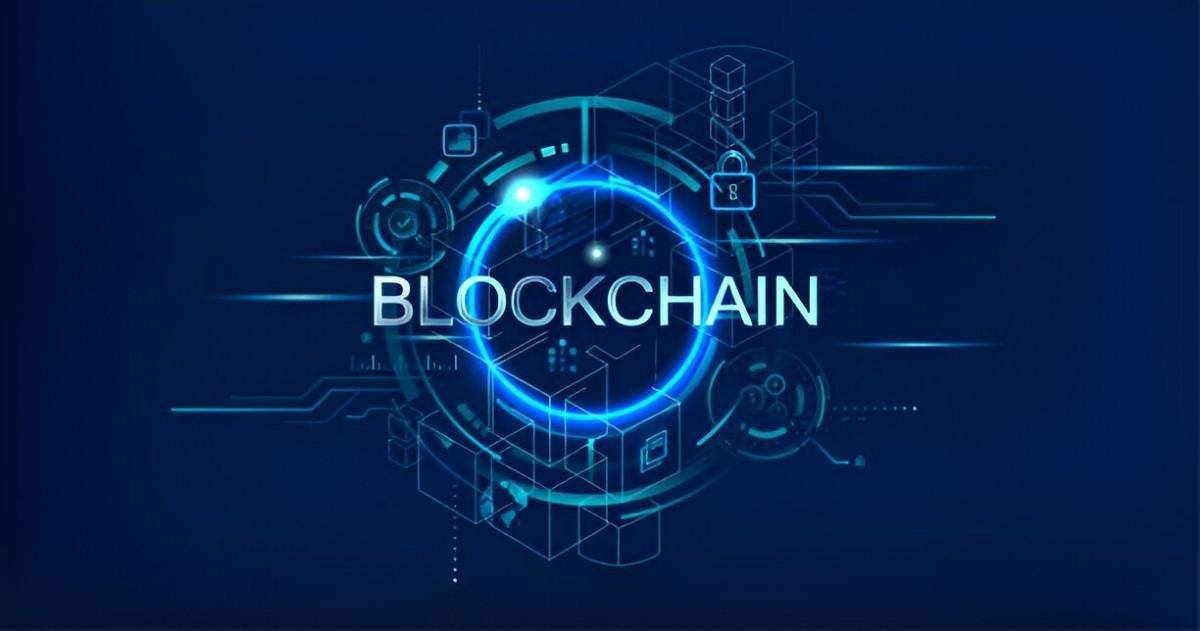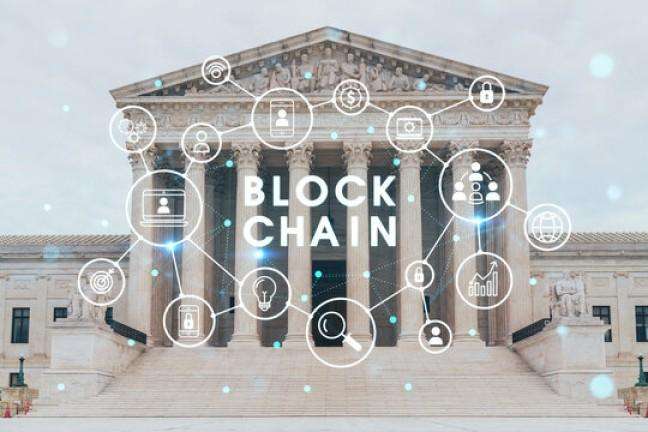Introduction
Blockchain technology has transformed how we think about digital trust, transparency, and decentralization. Among the many figures who have played a role in shaping this industry, Aaron Wright stands out for his work in smart contracts, decentralized governance, and legal-tech intersections. As a co-founder of OpenLaw and a professor at Cardozo Law School, Wright’s contributions have influenced blockchain applications in law, business, and beyond.
Table of Contents
Who Is Aaron Wright?
Aaron Wright is a blockchain expert, legal scholar, and entrepreneur. His work focuses on smart contracts, decentralized autonomous organizations (DAOs), and the legal implications of blockchain technology. Wright has co-authored Blockchain and the Law, a book that explores how legal frameworks interact with decentralized technologies. He is also one of the leading minds behind OpenLaw, a project that integrates legal agreements with blockchain-based smart contracts.
Aaron Wright’s Contributions to Blockchain
1. Smart Contracts and LegalTech
Wright has been instrumental in bridging the gap between blockchain and law. Smart contracts—self-executing contracts with terms written in code—have vast implications for legal agreements, reducing reliance on intermediaries. His work with OpenLaw seeks to standardize and automate legal agreements on the blockchain.
| Feature | Traditional Contracts | Smart Contracts |
|---|---|---|
| Execution Time | Days to weeks | Instant |
| Third-Party Need | Lawyers, Notaries | None |
| Cost | High | Lower |
| Transparency | Private | Public ledger |
| Enforcement | Courts | Blockchain code |
For example, a rental agreement executed via OpenLaw can automatically transfer digital assets (such as security deposits) when predefined conditions are met. This automation reduces disputes and administrative overhead.
2. Decentralized Autonomous Organizations (DAOs)
Wright is a strong advocate for DAOs—entities governed by smart contracts rather than traditional corporate structures. DAOs operate with transparent rules and community governance.
| Aspect | Traditional Organizations | DAOs |
|---|---|---|
| Governance | Centralized | Decentralized |
| Decision-Making | Executives, Board | Token holders |
| Transparency | Limited | Fully on-chain |
| Efficiency | Bureaucratic delays | Code-based automation |
An example is The LAO, a DAO that funds early-stage blockchain projects. Members contribute funds and vote on investments, with transactions recorded on-chain for transparency.
3. OpenLaw and Legal Automation
OpenLaw, co-founded by Wright, creates templates for legally enforceable agreements that interact with smart contracts. This innovation allows agreements like employment contracts, mergers, and financing deals to execute automatically when conditions are met.
Consider a loan agreement: Instead of requiring banks, OpenLaw can execute the agreement on a blockchain, triggering repayments when scheduled.
Example Calculation: If Alice borrows 1 ETH at 5% interest for 12 months, OpenLaw automates repayments:
- Principal: 1 ETH
- Annual Interest: 5% of 1 ETH = 0.05 ETH
- Total Payable: 1.05 ETH over 12 months
- Monthly Installment: 1.05 ETH / 12 ≈ 0.0875 ETH per month
The Future of Blockchain and Law
Blockchain’s role in legal frameworks is growing. Wright’s vision involves integrating blockchain into contract enforcement, dispute resolution, and regulatory compliance. While challenges exist—such as legal recognition of smart contracts and regulatory uncertainty—progress is evident.
| Challenge | Solution Proposed by Wright |
|---|---|
| Legal Recognition | Standardized blockchain laws |
| Regulatory Issues | Compliance-focused DAOs |
| Dispute Resolution | Blockchain-based arbitration |
Conclusion
Aaron Wright’s impact on blockchain is significant. His work in smart contracts, DAOs, and legal automation paves the way for a more efficient, transparent legal system. As blockchain adoption grows, his contributions will continue shaping the future of law and business. Whether through OpenLaw, DAOs, or academic research, Wright remains a key figure in blockchain’s legal evolution.





